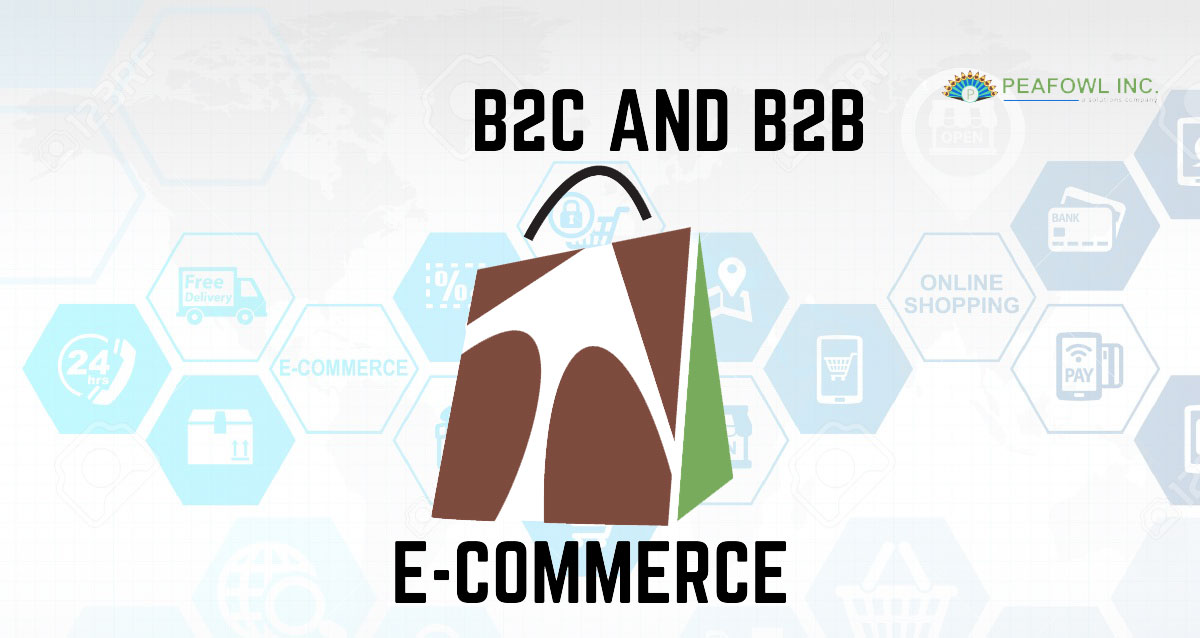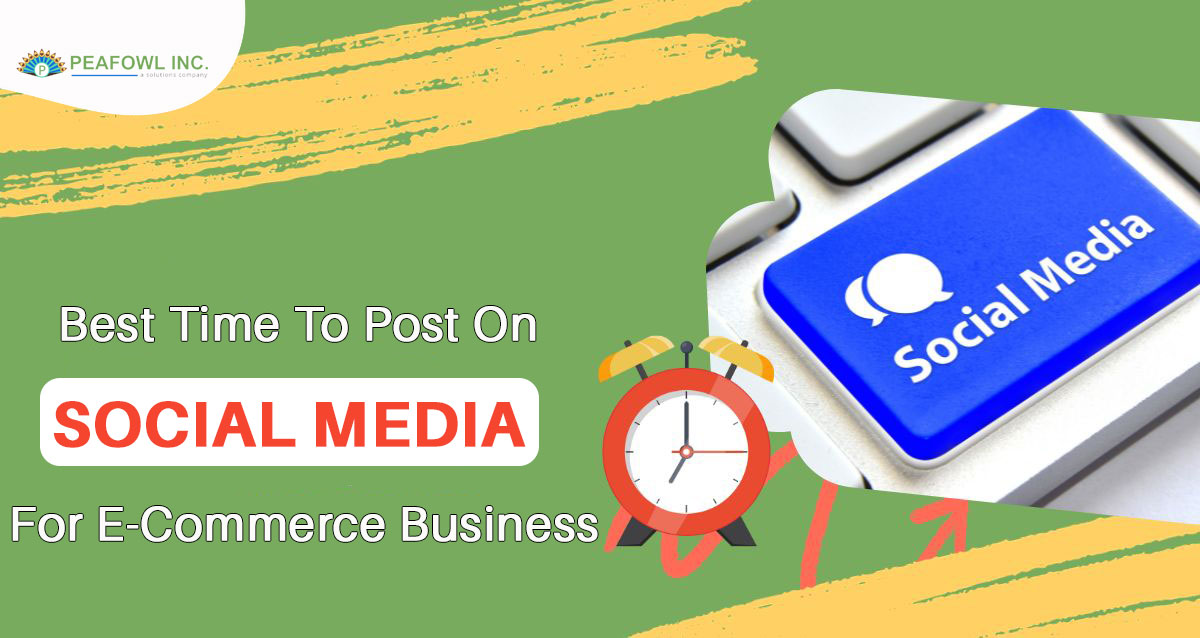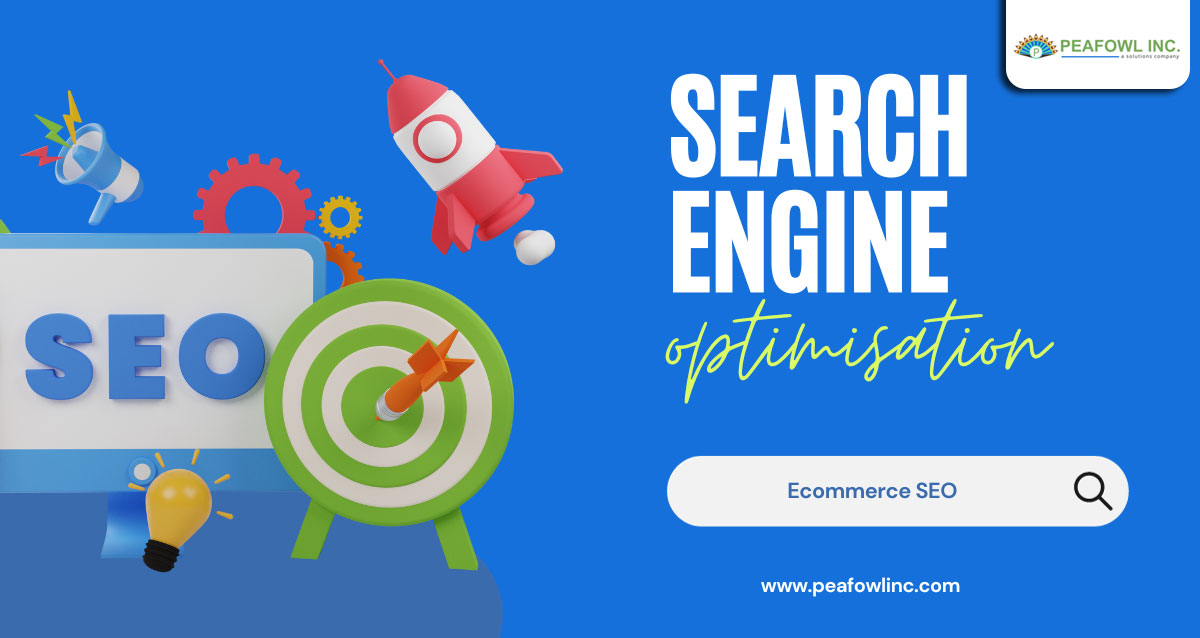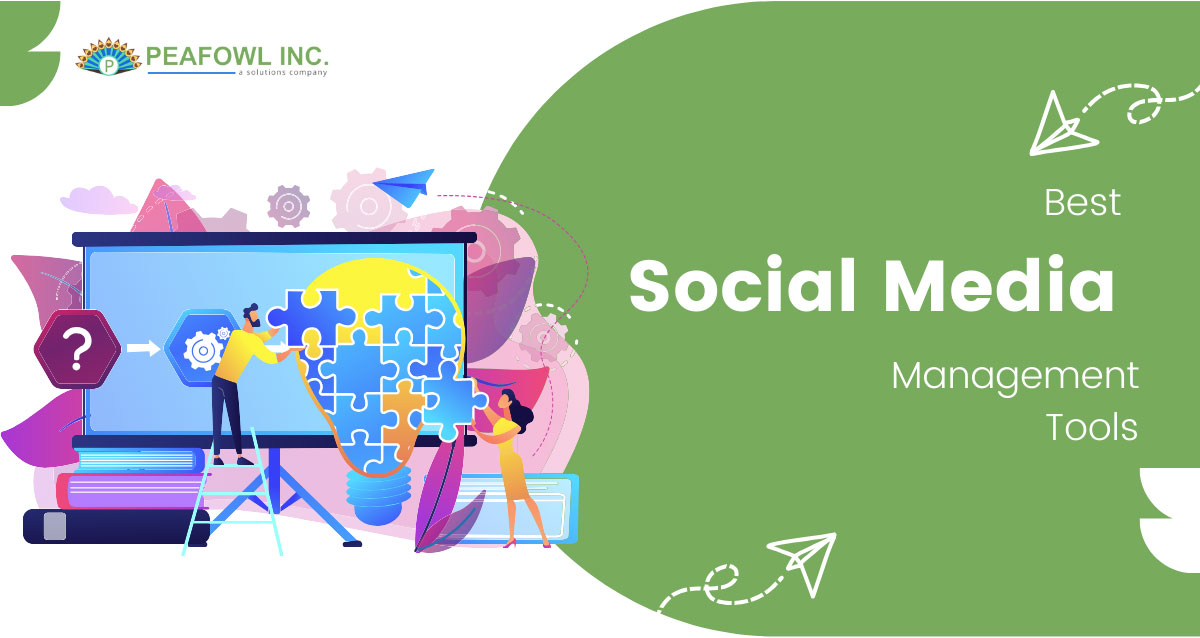E-commerce is becoming more competitive day by day. According to a study, the annual growth rate of the B2B e-commerce market is expected to reach 20.2% annually between 2023 and 2030.
To stay in the race, creating a seamless shopping experience is essential. B2B buyers don’t make impulse purchases like B2C customers do. B2B sellers need an e-commerce platform with features and capabilities that meet their unique requirements and needs.
E-commerce platforms generally fall into two categories:
- E-commerce platforms designed for B2B transactions.
- E-commerce platforms are designed for business-to-consumer transactions but are geared toward business-to-business commerce.
How to select the right e-commerce solution for your B2B business? To find out, let’s look at the main differences between B2B and B2C e-commerce.
What is B2B and B2C e-commerce?
B2B and B2C e-commerce reaches target customers. B2B (business-to-business) e-commerce refers to online sales between two businesses, while B2C (business-to-consumer) e-commerce focuses on selling goods and services to consumers.
Here are some examples of B2B e-commerce transactions:
- A software manufacturer sells customer relationship management (CRM) systems to a sales agency.
- A wholesaler specializes in office supplies and sells his products to an accounting firm.
- A textile wholesaler sells fabrics to a clothing factory.
Here are some examples of B2C e-commerce transactions:
- A basketball fan buys a pair of shoes.
- Someone who buys a monthly subscription to Netflix.
- A student buys a phone from Amazon.
Comparison of B2B e-commerce and B2C e-commerce needs
There are similarities between B2B and B2C e-commerce, but Business to Business e-commerce requires a more personalized user experience.
The extensive personalization that B2B buyers demand comes down to leveraging customer data and tailoring your messages and offers to specific segments of your B2B audience.
To expand on this focused approach, let’s look at eight factors that will shed more light on the comparison between B2B and B2C e-commerce.
The Target Audience
B2B products or services target a group representing a company or organization. Gartner found that procurement committees typically consist of six to 10 decision-makers in various positions ranging from management to key stakeholders.
Shopping
The B2B purchasing process takes longer than the B2C type because B2B transactions often involve large purchases representing significant investments. Therefore, business-to-business purchases often require multiple levels of approval, contract negotiations, and, sometimes, formal proposals.
Products and Services
Every B2B customer has their requirements, goals, and constraints. To address pain points and meet their unique needs, B2B companies must have custom development capabilities to deliver products and services tailored to each customer.
Price
Buying companies seek a pricing model that fits their unique needs and requirements. To meet these expectations, B2B merchants must offer customized pricing models, such as discounts, contract-based pricing, or pricing structures tailored to each business.
Customer Experience
B2B and B2C e-commerce aims to provide a positive customer experience but require different approaches. Business to Business e-commerce focuses on custom development, building relationships, and meeting complex business needs, while B2C e-commerce focuses more on convenience and speed.
That’s why companies that invest in customer experience see increased economic profitability. B2B customer experience leaders have more than double the revenue growth rate compared to their peers.
Premium
B2B companies need to offer a wide range of payment options and dynamic payment terms to meet the more specific needs and requirements of B2B customers. B2B transactions typically involve large volumes of orders and repeat purchases. Due to higher transaction amounts, B2B providers often offer credit terms so business customers can better manage their cash flows.
Catalog Management
B2B companies need to offer more extensive, more detailed custom product catalogs to meet their customer base’s unique needs and requirements. Wholesale pricing, tiered pricing, and a customized catalog that bundles products directly for a specific customer help B2B companies simplify transactions and meet the diverse needs of business customers.
At Peafowl Inc., we provide e-commerce solutions to help you design an online store suitable for B2B (and even B2C) e-commerce. One more thing: Before deciding, remember to read the five essential factors for choosing a B2B eCommerce platform.
Contact our eCommerce experts today to take your first steps!







